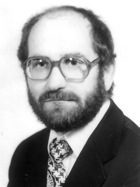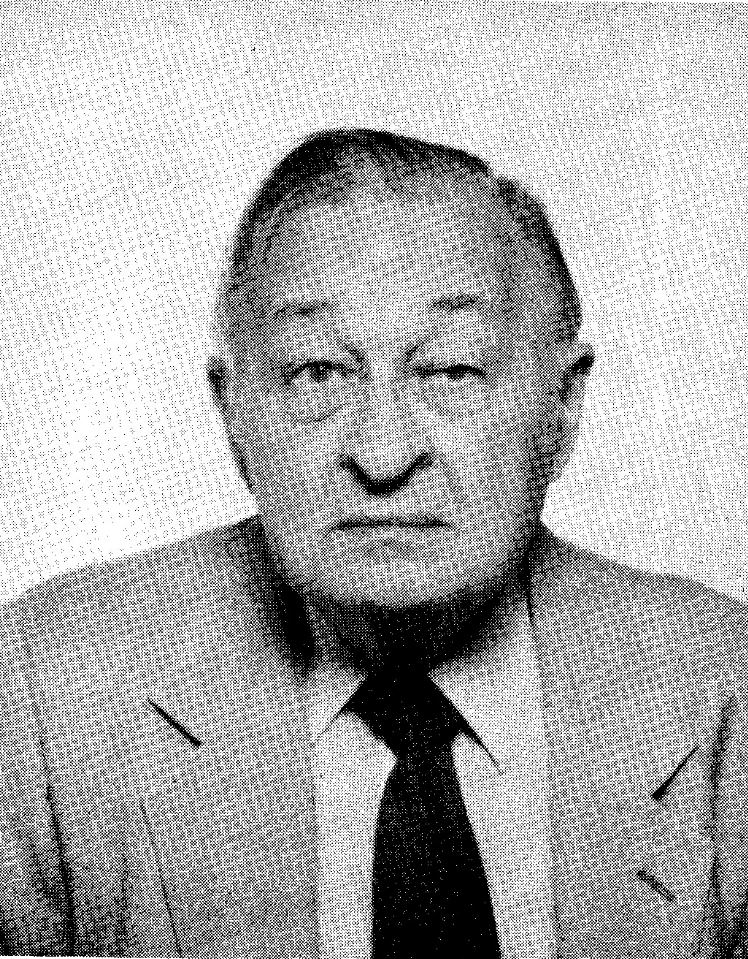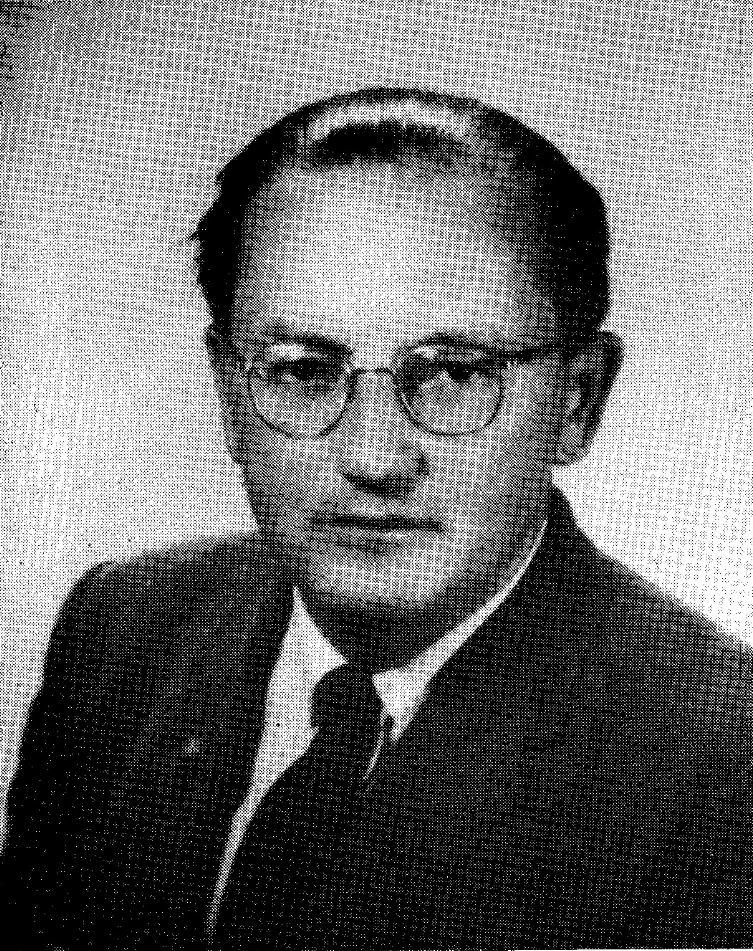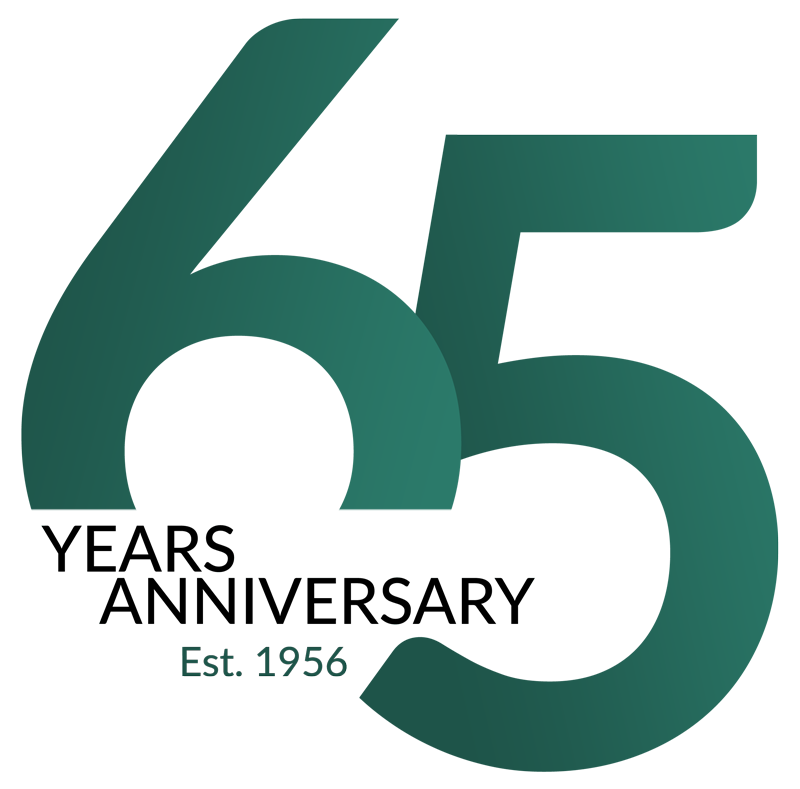
Dr. Gabriela Pawlus Kasprzak
(President from 2019 to Present)
Gabriela Pawlus Kasprzak received a PhD in History from the University of St. Michael’s College, University of Toronto in 2014. Her dissertation examined the relationship between religious and ethnic identity amongst Polish immigrants to Canada in the interwar years. She specializes in ethnic, immigration, and religious Canadian history. Kasprzak has published in a variety of sources: peer-reviewed journals, collection of essays, and encyclopedia; and was the Guest Editor of the Polish American Studies Journal. She has presented at over 40 conferences. She is the recipient of numerous scholarships, including SSHRC and OGS, is a member of the Golden Key National Honour Society (since 1999), and has received the Skalny Civic Achievement Award. She is currently practicing as an Instructional Designer.

Dr. Joanna Lustanski
(President from 2011 to 2019)
Joanna Lustanski holds a Ph.D. in Linguistics from the University of Warsaw, and a Project Management Certificate from the University of Toronto. As a doctoral student, she taught Polish historical grammar courses to students of the Polish Language and Literature Program, and also worked for the Polish Scientific Publishers PWN and Gazeta Wyborcza. In Canada, she's been a contract Faculty member in the Department of Linguistics and Languages at McMaster University teaching Polish and linguistic courses. She also works in the communications and marketing division of the Vice-Provost Office at York University. Lustanski is the author of many publications on Polish Canadians, including Jezyk polonijny w Kanadzie (based on her doctoral dissertation), and has published in peer- reviewed journals, including, Poradnik Językowy, Przegląd Humanistyczny, Linguistica Atlantica, and The International Journal of the Sociology of Language. In 2012-2013, she made a series of interviews about Polish in Canada for OMNI TV. She joined the Canadian Polish Research Institute in 2004, and was elected president of the Institute in 2011.

Dr. Edward Sołtys
(President from 1995 to 2011)
Edward Sołtys was born in 1947 in Szczecinek, Poland. He served in the army in the Twentieth Armoured Division. In the years 1968 to1973, he studied Sociology at University of Łódź. From 1974 to 1977, he worked as an Assistant Professor at the Sociology Institute of the Silesian University in Katowice, while completing his doctoral studies. In 1978, Edward Sołtys graduated with a Ph.D. in Sociology. He worked at Catholic University of Lublin teaching and tutoring methodology and sociological techniques from 1983 to 1986. Sołtys was a member of the CPRI from 1987, becoming its President from 1995 to 2011. He was also a director of the Canadian Polish Congress from 1997 to 2002. In 2000 he was awarded the Silver Medal from the Canadian Polish Congress. Sołtys has published articles in Polish papers, such as Goniec, Nowy Kurier (Toronto), and Tygodnik Polski (USA); and peer-reviewed journals, such as Studia Filozoficzne, Studia Socjologiczne, Prakseologia, Organizacja i Zarządzanie, Przegląd Organizacji, Ruch Prawniczy, Ekonomiczny i Socjologiczny, and Ekonomika i Organizacja Pracy. Soltys is also the author of books on Polish Canadians, such as, Half a Century of Canadian Polish Congress, Parlament na obczyźnie, Trwanie w walce, Road to Freedom, and Black Ribbon Day.

Rudolf K. Kogler
(President from 1972 to 1995)
Rudolf Kogler was born in Wadowice, Poland, in 1919. In high school he became friends with Karol Wojtyla, who would go on to become Pope John Paul II. They stayed close friends until Kogler’s death. After he graduated from high school, he attended an officer cadet school. He found in the Second World War, at one point leaving for Hungary, where he was interned. From there he escaped, making his way to the Polish Independent Carpathian Brigade. He participated in the battles of Monte Cassino, Ancona, and Fortino. He was wounded three time, and three times he was honored with the Cross of Virtuti Militari. After the war, Kogler took care of the Polish refugees in Klagenfurt. After his departure form the army, Kogler attended St. Andrew University, Scotland, on a scholarship. He would graduates in 1946 with a Masters of Arts in Economics and Experimental Psychology. He arrived in Canada in 1952. In 1961, he became an Economist at the Ontario Ministry of Treasure and Economy. He is the author of numerous papers pertaining to demographics.

Dr. Tadeusz Krychowski
(President from 1963 to 1972)
Tadeusz Krychowski was born in 1892 in Lubelszczyzna, Poland. He studied in Russia, earning a Master of Law from a university in Moscow. There he became involved in the activities of Polish Military Organization. He witnessed the re-birth of Polish independence in 1918. In 1920, Krychowski would fight against the Bolsheviks. Prior to the Second World War, he worked at the Supreme Court; later becoming the Director of the Prison Department and a Minister of Internal Affairs. In 1939, Krychowski went over to England where joined the Polish Army. He was then sent to the Middle East as a representative of the Cultural- Press Division of the Polish Army. After the end of the war, he worked as a law counsellor in the area of Polish and international law. He was honoured with the Cross of Virtuti Militari and Cross Polonia Restituta. Krychowski came to Canada in 1960.

Dr. Wiktor Turek
(President from 1956 to 1963)
Dr. Wiktor Turek was an Assistant Professor of International Private Law at the University of Lwow. With the onset of the Second World War, Turek was arrested and imprisoned in the Soviet Union in 1940. From 1943 to 1946, he served the Polish government-in-exile in the Middle East, and later in Lebanon. He immigrated to Canada in 1950, settling in Winnipeg. Although Dr. Turek was well prepared for an academic career, as an immigrant in 1950s Canada, he found himself at professional crossroads. After a short stint as Assistant Editor of Gazeta Polska, Turek worked as a research fellow at the Manitoba Historical Society. It was there that he found his calling for collecting materials on the life of Polish immigrants to Canada. In 1954, Turek moved to Toronto and enrolled at the University of Toronto Library Studies. From there, he pursued work on bibliographic materials. Turek would go on to establish the CPRI in 1956.


